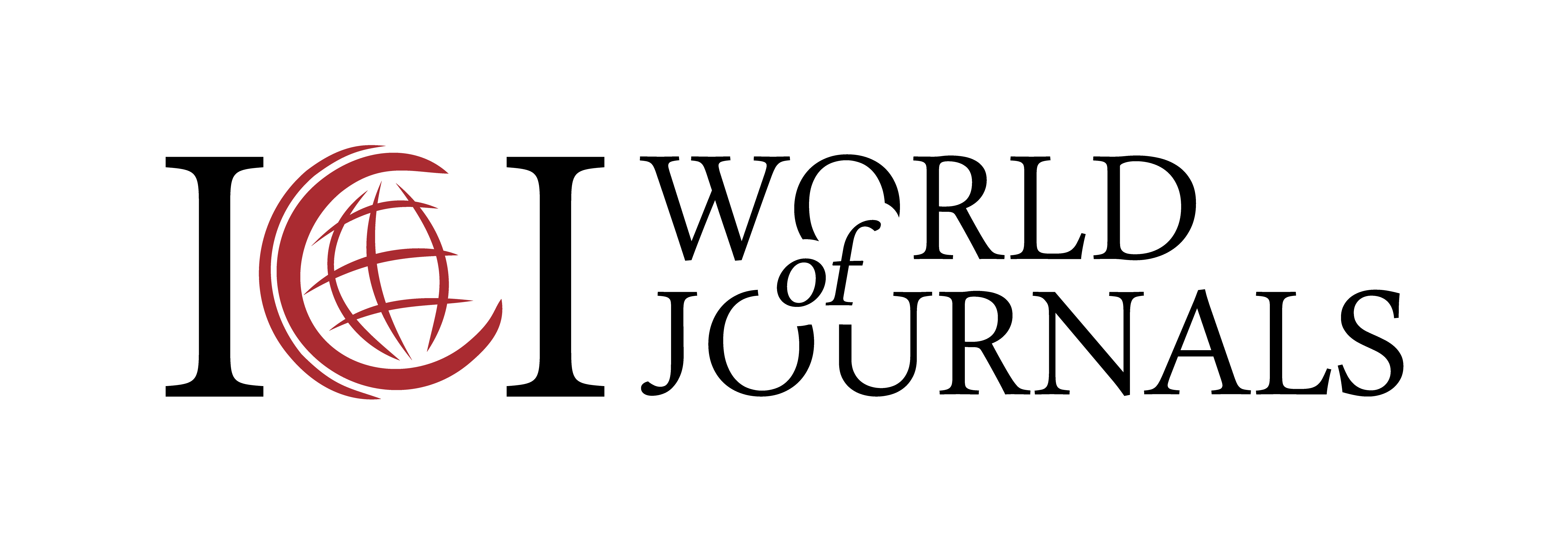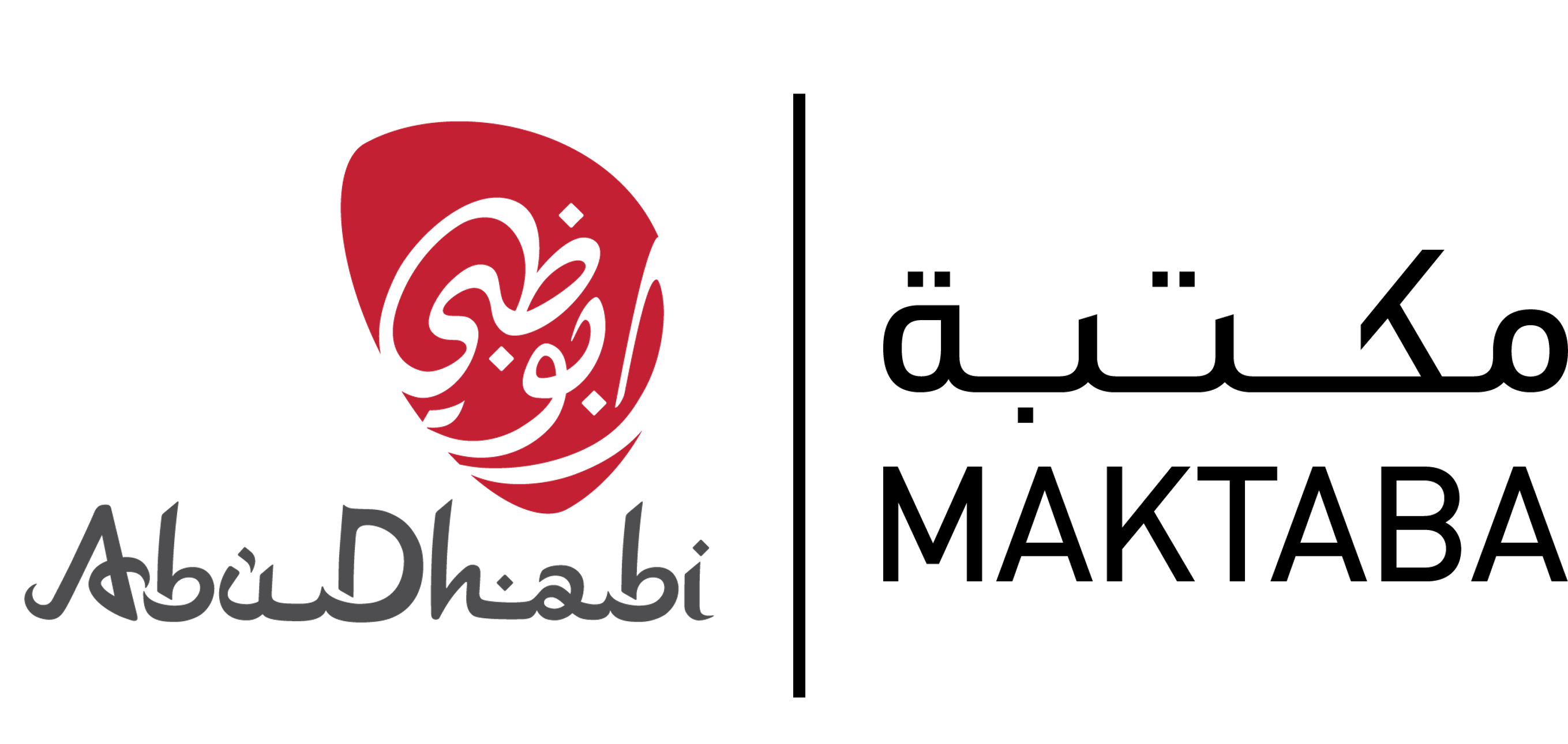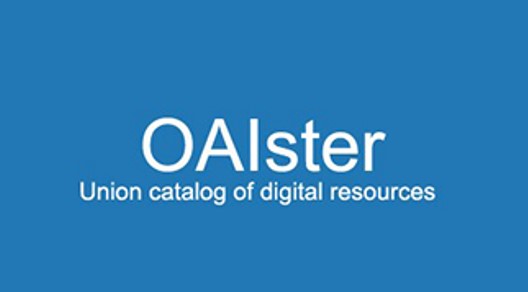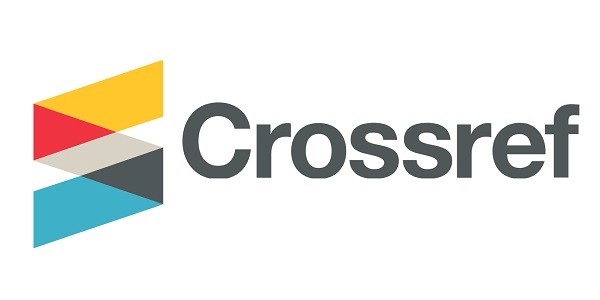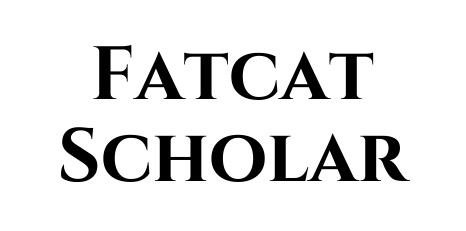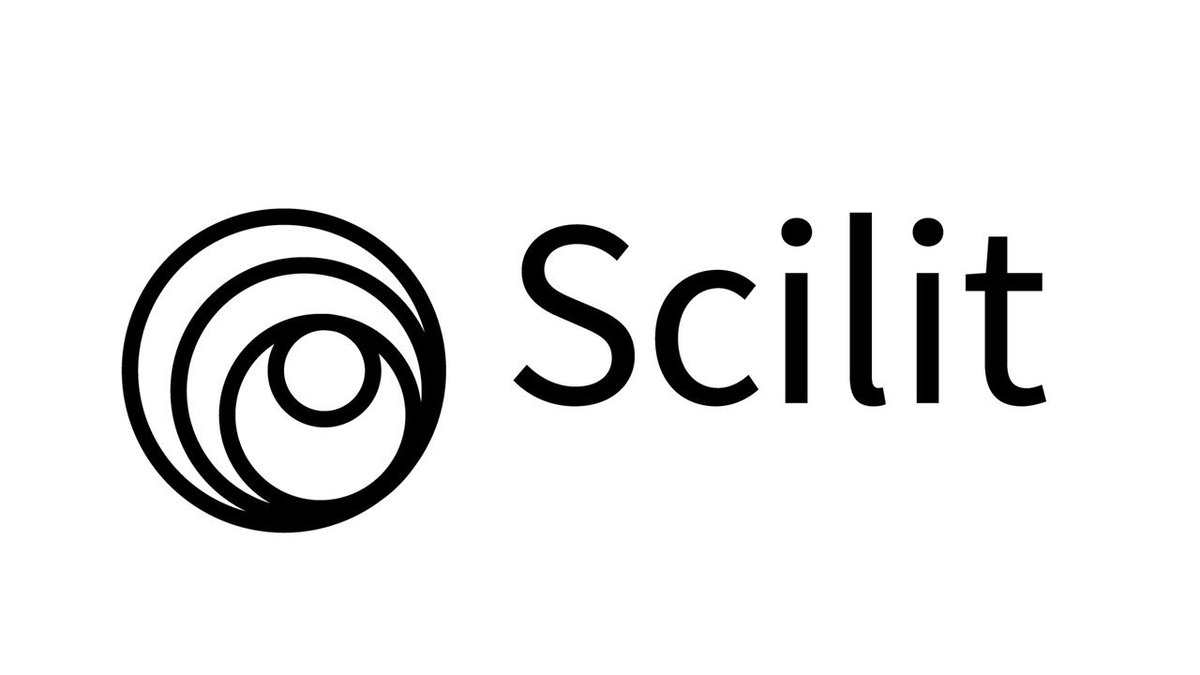Health capital and economic growth in Mauritania: An ARDL Approach (2002–2021)
DOI:
https://doi.org/10.5281/zenodo.16894461Keywords:
Health capital, economic growth, ARDL, Mauritania, public policyAbstract
This article examines the impact of health capital on economic growth in Mauritania between 2002 and 2021 using the Autoregressive Distributed Lag (ARDL) method. Stationarity tests reveal a combination of I(0) and I(1) integration orders, justifying the use of this model. The empirical results highlight contrasting effects: infant mortality rates, public health spending, and life expectancy negatively influence long-term growth, while trade openness and education have significant positive effects. These results suggest that health policies in Mauritania would benefit from optimization to improve their effectiveness, particularly by reducing structural inefficiencies. Furthermore, the study highlights the key role of education and trade integration as growth drivers. The policy implications call for a rebalancing of public investments in favor of human capital and better governance of health spending.
Downloads
Published
How to Cite
Issue
Section
License

This work is licensed under a Creative Commons Attribution-NonCommercial-NoDerivatives 4.0 International License.




